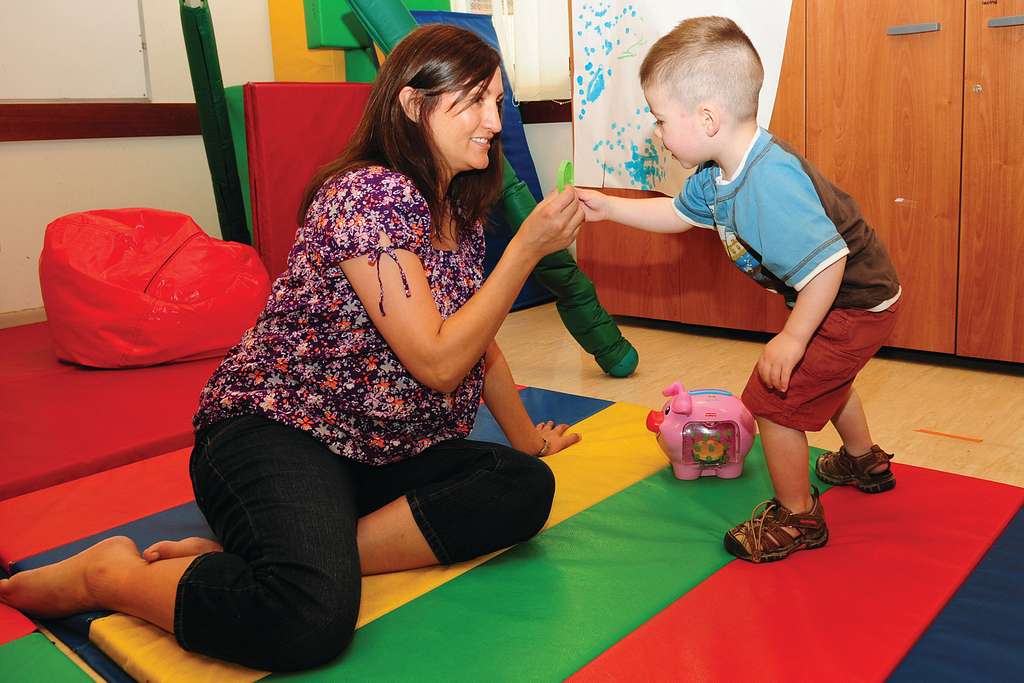The number of children given a psychiatric diagnosis in Denmark has increased by 39 percent over the last decade, according to data obtained from the Ministry of the Interior and Health reported by Kristeligt Dagblad.
Some 73,220 under-18s had a diagnosis as of 1 January 2023, which amounts to 6.33 percent of the entire age group. Ten years ago, the share was 4.55 percent.
Two-thirds of the diagnoses are autism or ADHD, or a combination of both.
Are we overdiagnosing?
In its headline reporting the issue, Kristeligt Dagblad questions “Er vi i gang med at overdiagnosticere?” (are we overdiagnosing?).
Certainly, since the 1970s there has been an explosion in the number of disorders included in the Diagnostic and Statistical Manual of Mental Disorders, a US manual now in its fifth edition that has been extremely influential with its scope.
Kristeligt Dagblad spoke to Pernille Darling, a child and adolescent psychiatry expert at Hejmdal Hospital, who contends that the increase is a result of a greater focus on the root causes of anxiety and depression among children, instead of just treating it.
Opening the door to treatment
Certainly, getting a diagnosis is beneficial to a child who is struggling with such problems, Bedre Psykiatri general-secretary Jane Alrø Sørensen told Ritzau, as it opens more avenues to them getting qualified help – and parents are increasingly knocking on the door.
“Never have so many desperate parents contacted our counselling service to get help to enter into a dialogue with psychiatry – to get help for their children,” she said.
“Getting a diagnosis in the municipalities is often the entry ticket to getting help for the challenges and the dissatisfaction that you can see in the child as a result of the mental illness.”
Political pressure to act
Enhedslisten health and psychiatry spokesperson Peder Hvelplund has called on the government to make it easier for parents to get help for their children – “ideally before it develops into something that needs to be diagnosed”.
“This is something that is already described in the Psychiatry Action Plan, which is in the professional presentation from the National Board of Health,” he continuted.
“We simply need the government to start acting and concretely assign funding so that we can get started with the implementation. And these figures show that with all possible clarity that it is urgent.”











